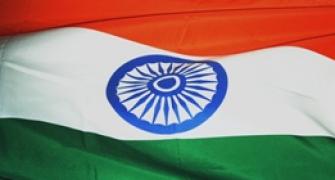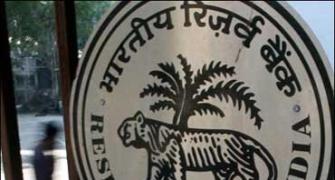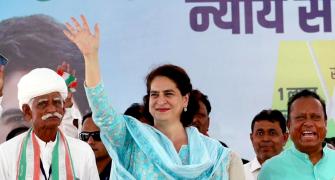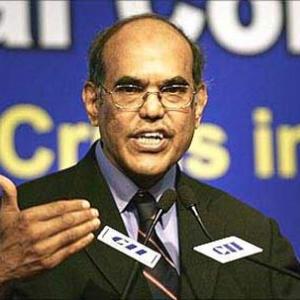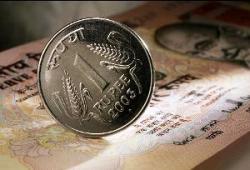 Continuing on its downward trajectory, food inflation in the country slipped further to 7.47 per cent for the week ended May 7 on the back of cheaper pulses, vegetables and wheat.
Continuing on its downward trajectory, food inflation in the country slipped further to 7.47 per cent for the week ended May 7 on the back of cheaper pulses, vegetables and wheat.
This is the lowest rate of price rise in food items in the last 18 months, when separate data for food inflation first started coming in.
It is also the third consecutive week in which food inflation has fallen.
Food inflation, as measured by the Wholesale Price Index, was 7.70 per cent in the previous week, while it was over 22 per cent in the corresponding week of 2010.
The latest numbers are likely to bring cheer to the government which has termed inflation control as one of the major items on its agenda.
Food inflation remained in double-digits for most of 2010, before showing signs of moderation since March this year.
During the week under review, pulses became cheaper by 8.87 per cent year-on-year, while prices of vegetables were down by 3.61 per cent.
Prices of wheat also fell by 0.06 per cent.
The government's third estimate released recently said that production of wheat would surpass all previous records during the 2010-11 (July-June) crop year.
However, prices of other food items continued to remain expensive.
Fruits were dearer by over 30 per cent on an annual basis, while eggs, meat and fish were up by 5.67 per cent.
Milk prices were also up 4.56
Cereals became 4.79 per cent more expensive, while onion prices were up 10.53 per cent.
Overall, primary articles reported 10.94 per cent inflation.
Meanwhile, non-food primary articles were up 23.82 per cent during the week under review.
Fibres became dearer by almost 62 per cent, while minerals were up 11.95 per cent.
Fuel and power became 12.11 per cent costlier year-on-year.
The government and Reserve Bank had said that in months to come, inflationary pressure would be more from core (non-food) items on account of high global prices of commodities, particularly crude.
Headline inflation in April had stood at 8.66 per cent.
In its monetary policy for 2011-12, RBI had said that overall inflation would remain high in the near future, averaging 9 per cent during the first half of the fiscal, before moderating to around 6 per cent by the year-end.
The Reserve Bank of India has hiked its key policy rates nine times since March, 2010, and experts say more rate hikes are to come as the apex bank focuses on curbing demand to tame inflationary pressure.

